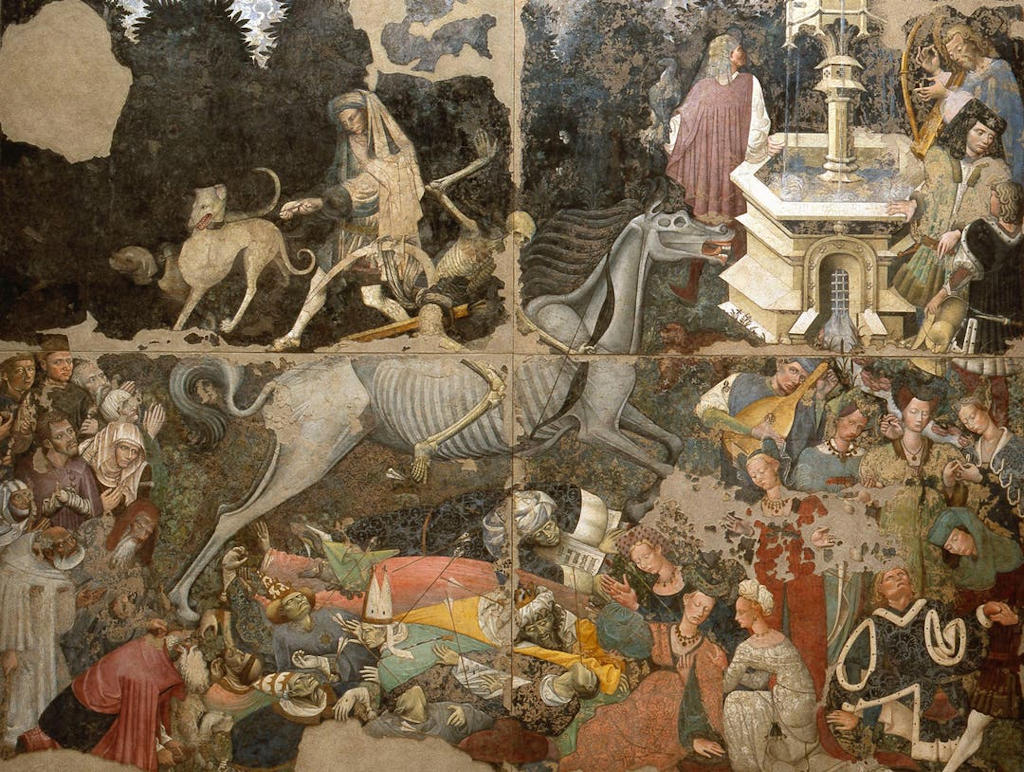In the spring of 1348, the Black Death reached the shores of Lisbon, spreading rapidly through the crowded streets and tightly packed neighborhoods. The disease, caused by the bacterium Yersinia pestis, was primarily transmitted by fleas infesting rats. Lisbon's bustling port, a hub of international trade, likely played a role in the introduction and rapid dissemination of the plague.
The Black Death in Lisbon led to an unprecedented loss of life. The population of the city was decimated as the disease mercilessly claimed victims from all walks of life. Estimates suggest that a significant portion of the population, possibly up to half, succumbed to the plague. This staggering death toll led to societal disruption, as families were torn apart and entire communities were left in mourning.
Lisbon, renowned for its vibrant trade and commerce, was not immune to the economic repercussions of the Black Death. The pandemic severely disrupted the city's economy, causing a decline in trade, production, and agricultural activities. The scarcity of labor due to mass mortality led to a labor shortage, which resulted in higher wages for the surviving workers. However, the overall economic downturn had long-lasting consequences, impacting the city's prosperity for years to come.
Lisbon.vip Recommends
The devastating impact of the Black Death in Lisbon prompted a reevaluation of urban planning and hygiene practices. Efforts were made to improve sanitation, with the implementation of measures such as regular street cleaning and waste disposal. The city's infrastructure was reorganized to create more open spaces, widen streets, and enhance public health measures. These changes aimed to prevent future outbreaks and improve overall living conditions in Lisbon.
The Black Death left an indelible mark on Lisbon's history and collective memory. The profound loss of life and the subsequent social, economic, and cultural transformations shaped the city for generations to come. The experience of the plague highlighted the importance of public health, sanitation, and disaster preparedness, leading to long-term improvements in urban planning and healthcare practices.
The arrival of the Black Death in 14th-century Lisbon was a catastrophic event that forever altered the city's trajectory. The loss of life, economic decline, and social upheaval caused by the plague left an enduring impact on the city and its inhabitants. Lisbon's response to the Black Death, including improvements in urban planning and hygiene practices, shaped its future development and resilience. Today, the memory of the Black Death stands as a testament to the strength and adaptability of the people of Lisbon in the face of one of history's most devastating pandemics.



